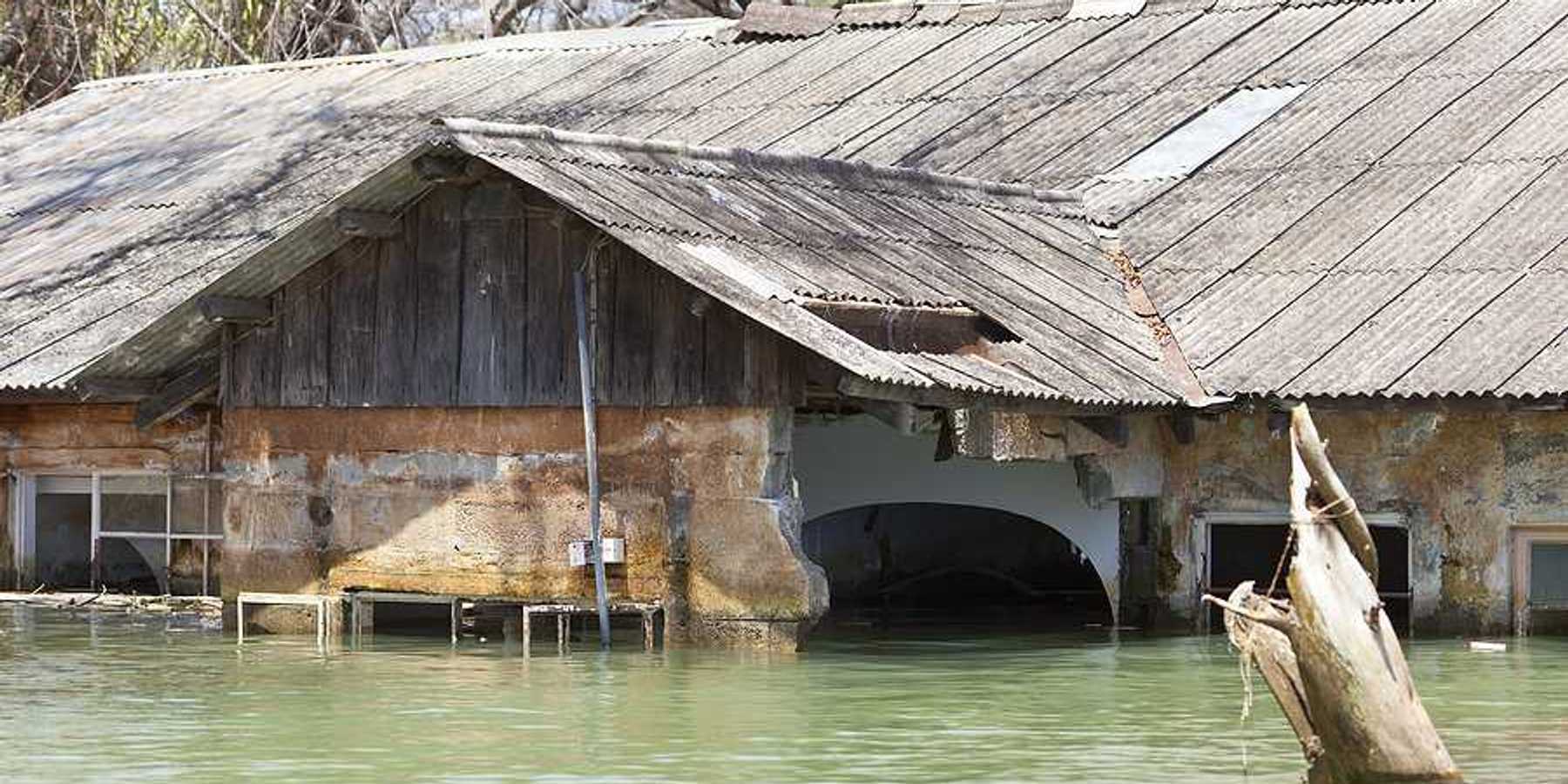A land return to Maine's Penobscot tribe redefines conservation in the U.S.
In a historic move, the return of 31,000 acres of land to Maine’s Penobscot tribe signals a shift toward Indigenous-led conservation, free from restrictions, setting a new standard in environmental stewardship in the United States.
Olivia Gieger reports for Inside Climate News.
In short:
- The Trust for Public Land has returned 31,000 acres to the Penobscot tribe, making it the largest land return without restrictions to an Indigenous group in U.S. history.
- This unrestricted return allows the Penobscot to manage the land based on their cultural practices, fostering conservation alongside tribal sovereignty.
- Indigenous-managed lands worldwide are proven to maintain greater biodiversity, and this project could serve as a model for future land transfers within the United States.
Key quote:
“They stepped up and said, ‘We understand that land return to the Penobscot Nation is only land return if that land is unrestricted.’ Land back isn’t necessarily conservation, it’s about sovereignty, and about self-determination.”
— Brett Ciccotelli, tribal land recovery manager at First Light.
Why this matters:
This transfer could model a new era in land returns in the United States, one where Indigenous sovereignty and conservation work hand-in-hand. Within the U.S., it's an experiment with implications for biodiversity and climate resilience. Read more: Annie Belcourt on Indigenous health and healing.













